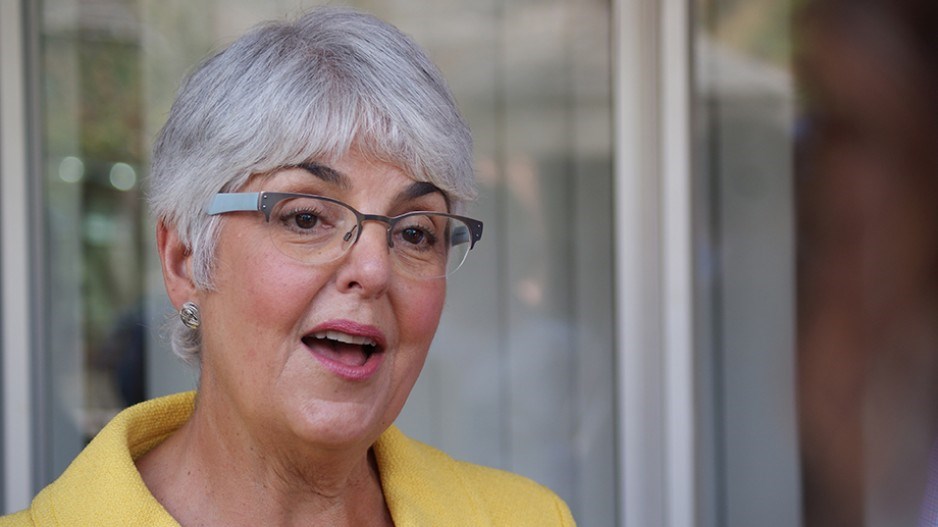B.C.’s speculation tax will rise from 0.5 per cent to 2 per cent for homes and land owned by foreign owners or satellite families before December 31, the Ministry of Finance said December 10.
In addition, an exemption for vacant land will end December 31, 2019.
A speculation and vacancy tax year is the same as a calendar year, so tax levied December 31 is due the following July. For example, for a property owned as of December 31, 2018, the 2018 tax rate of 0.5 per cent applied, and the tax was due on July 2, 2019.
The changes are in line with legislation that created the tax; a levy the government says has been successful in targeting speculators.
"When we introduced the speculation and vacancy tax, our province was at the peak of a real estate crisis, and moderation in the market was long overdue," Minister of Finance Carole James said. "Based on the data from the first year, we see the tax is working as it was designed to: capturing speculators, foreign owners and people who own vacant homes, while exempting more than 99.8 per cent of British Columbians."
James said in July that the province collected $115 million from property owners in major urban centres deemed to be extremely unaffordable and subject to land speculation, millions more than had been expected.
The government said those funds would be used to help fund affordable housing.
What else can be expected in the tax’s second year?
The ministry said property owners will benefit from a retroactive exemption for Canadian Armed Forces members and spouses while in active service and a retroactive exemption for people who own properties accessible only by water.
A longer phase-out will be provided for temporary exemptions, and the exemption for rental-restricted stratas will now end December 31, 2021.
Water-access-only property owners with residential properties accessed by road and within a short walking distance to a public or private road will be exempt from paying the tax, a change retroactive to the 2018 tax year.
Canadian Armed Forces members and spouses will now qualify for a stand-alone exemption on residences if they are unable to reside in their home. There is no limit on the number of years that the exemption may be claimed by a forces member or spouse. The exemption can, however, only be applied to one property and is retroactive to the 2018 tax year.
Strata condo property owners restricted from renting when the tax became law will continue to qualify for a grandfathering exemption, meaning new owners and owners subject to new rental restrictions do not qualify. The exemption will now end December 31, 2021.
To prevent tax avoidances, Victoria is increasing identification and information required from corporations, trusts and partnerships and foreign owners. The government said those changes are being put in place to improve efficiency and compliance and will not affect the vast majority of British Columbians.
Some who thought their privacy was being violated by that information-gathering contested the information being sought.
The Office of the Information and Privacy Commissioner thought otherwise.
“I am satisfied that the property owner’s name, address, date of birth, social insurance number and email address relate to and are necessary for the program of administering the tax,” adjudicator Erika Syrotuck said in an October ruling.



